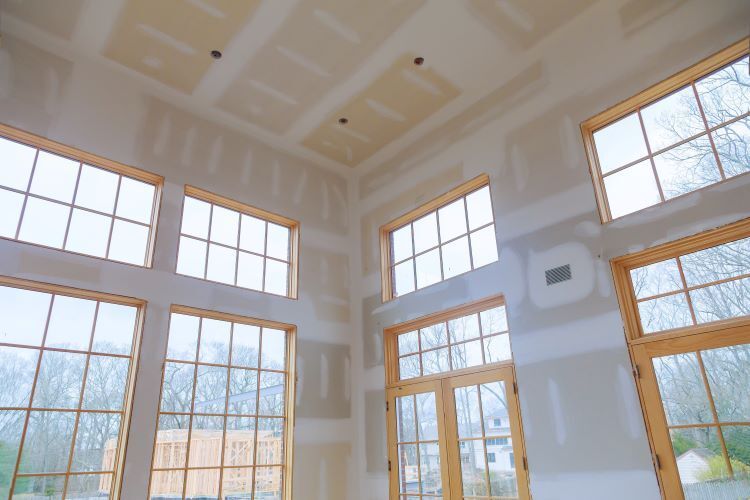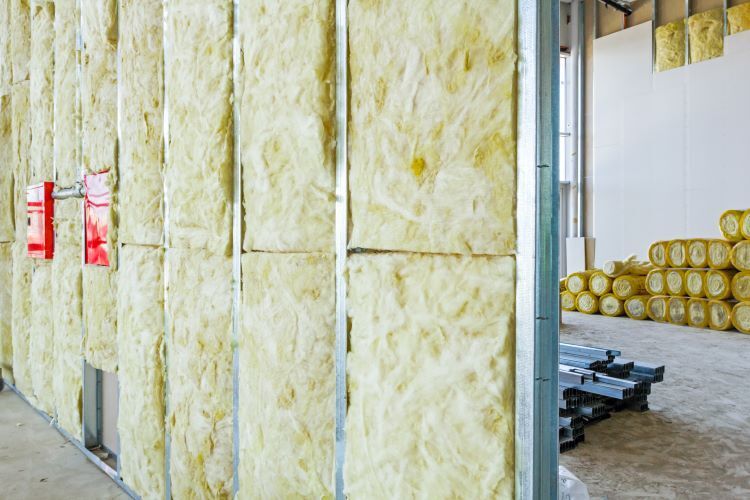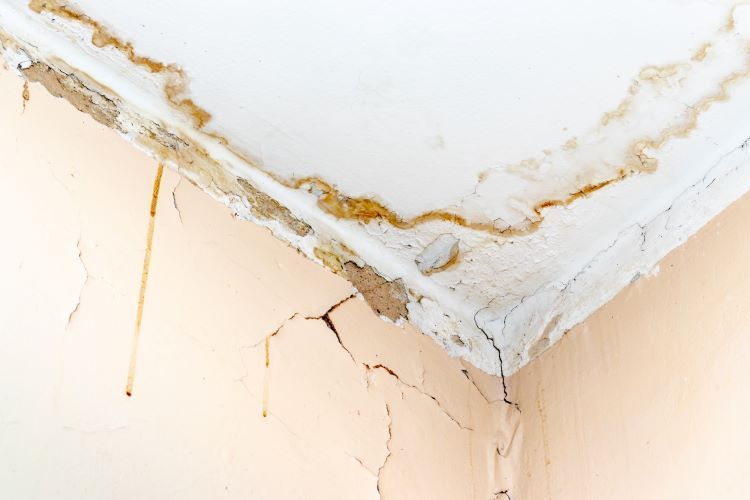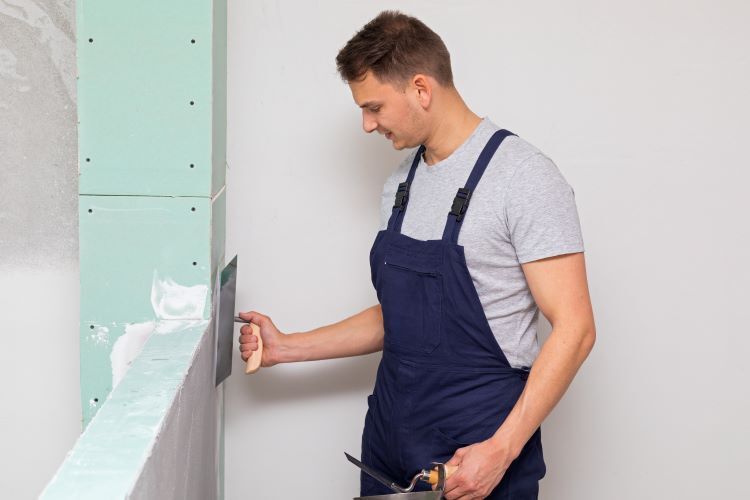The Impact of Drywall on Indoor Air Quality

When it comes to home construction and renovation, drywall is a fundamental material used for creating walls and ceilings. While it is renowned for its versatility and ease of installation, drywall also plays a significant role in influencing indoor air quality (IAQ). At Windsor Drywallers, we understand the importance of maintaining a healthy indoor environment, especially for our clients in Windsor, Ontario. In this blog article, we explore how drywall impacts indoor air quality and what homeowners can do to ensure a healthy living space.
The Composition of Drywall
Drywall, also known as gypsum board, is primarily made of gypsum, a naturally occurring mineral. It consists of a gypsum core sandwiched between two layers of paper. While gypsum is generally considered a safe material, the production and installation processes of drywall can have implications for indoor air quality.
Volatile Organic Compounds (VOCs)
One of the primary concerns related to drywall is the potential release of volatile organic compounds (VOCs). VOCs are emitted as gases from certain solids or liquids, including some types of drywall. These compounds can originate from the paper facing, adhesives, and joint compounds used during drywall installation.
High levels of VOCs in indoor air can cause a range of health problems, including headaches, dizziness, respiratory issues, and allergic reactions. To minimize the impact of VOCs, homeowners should opt for low-VOC or VOC-free drywall products and ensure proper ventilation during and after installation.
Mold and Mildew Growth
Drywall is susceptible to mold and mildew growth, especially in areas with high humidity or moisture exposure, such as basements and bathrooms. Mold spores can negatively affect indoor air quality, leading to respiratory problems, allergic reactions, and other health issues.
To prevent mold and mildew, it is essential to address any sources of moisture promptly. Using mold-resistant drywall, also known as green board, in high-moisture areas can help mitigate this risk. Additionally, ensuring proper ventilation and using dehumidifiers can keep humidity levels in check, reducing the likelihood of mold growth.
Dust and Particulates
Drywall installation and sanding can generate significant amounts of dust and particulates. These fine particles can linger in the air and be inhaled, potentially causing respiratory irritation and other health problems. To minimize dust, it is crucial to use proper dust control measures during installation, such as wet sanding techniques and vacuum sanders equipped with HEPA filters.
Formaldehyde Emissions
Some types of drywall, particularly those manufactured with recycled paper facing, may contain formaldehyde, a known carcinogen. Formaldehyde can off-gas over time, contributing to indoor air pollution. Homeowners should look for formaldehyde-free or low-formaldehyde drywall products to reduce this risk.
Improving Indoor Air Quality with Drywall
While drywall can impact indoor air quality, there are several steps homeowners can take to ensure a healthy living environment:
Choose Low-Emission Products
Select drywall products that are labeled as low-VOC, VOC-free, or formaldehyde-free. These products are designed to minimize the release of harmful chemicals into the indoor air.
Ensure Proper Ventilation
During and after drywall installation, ensure adequate ventilation to disperse any airborne contaminants. Use exhaust fans, open windows, and employ air purifiers with HEPA filters to improve indoor air circulation.
Use Mold-Resistant Drywall
In areas prone to moisture, such as bathrooms and basements, opt for mold-resistant drywall to prevent mold growth and protect indoor air quality.
Control Moisture Levels
Maintain indoor humidity levels between 30% and 50% to inhibit mold growth. Use dehumidifiers in damp areas and promptly address any leaks or water damage.
Implement Dust Control Measures
During drywall installation and sanding, use dust control techniques to minimize airborne particles. Employ wet sanding methods, use vacuum sanders with HEPA filters, and seal off the work area to prevent dust from spreading.
Conclusion
Drywall is an essential component of modern construction, but its impact on indoor air quality cannot be overlooked. By choosing low-emission products, ensuring proper ventilation, using mold-resistant drywall, controlling moisture levels, and implementing effective dust control measures, homeowners can enjoy the benefits of drywall without compromising indoor air quality.
At Windsor Drywallers, we are committed to providing high-quality drywall solutions that prioritize the health and well-being of our clients. Contact us today to learn more about our services and how we can help you create a healthy and beautiful living space.
You might also like



Book a Service Today
We will get back to you as soon as possible
Please try again later
Windsor Drywallers
Navigation
Navigation
Working hours
- Mon - Fri
- -
- Sat - Sun
- Appointment Only
*This is a referral website. All work is performed by professional, licensed contractors.